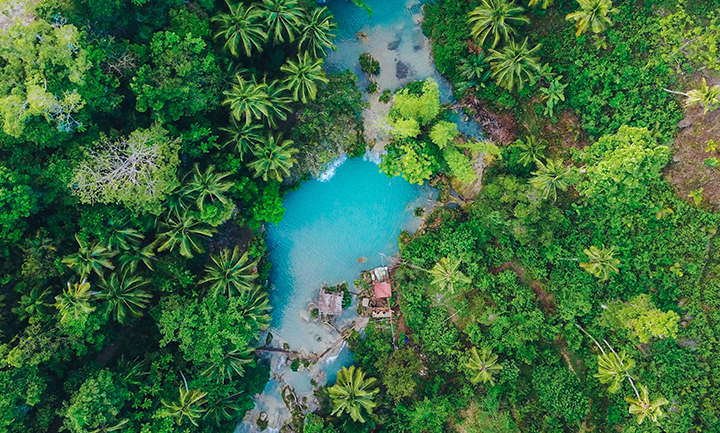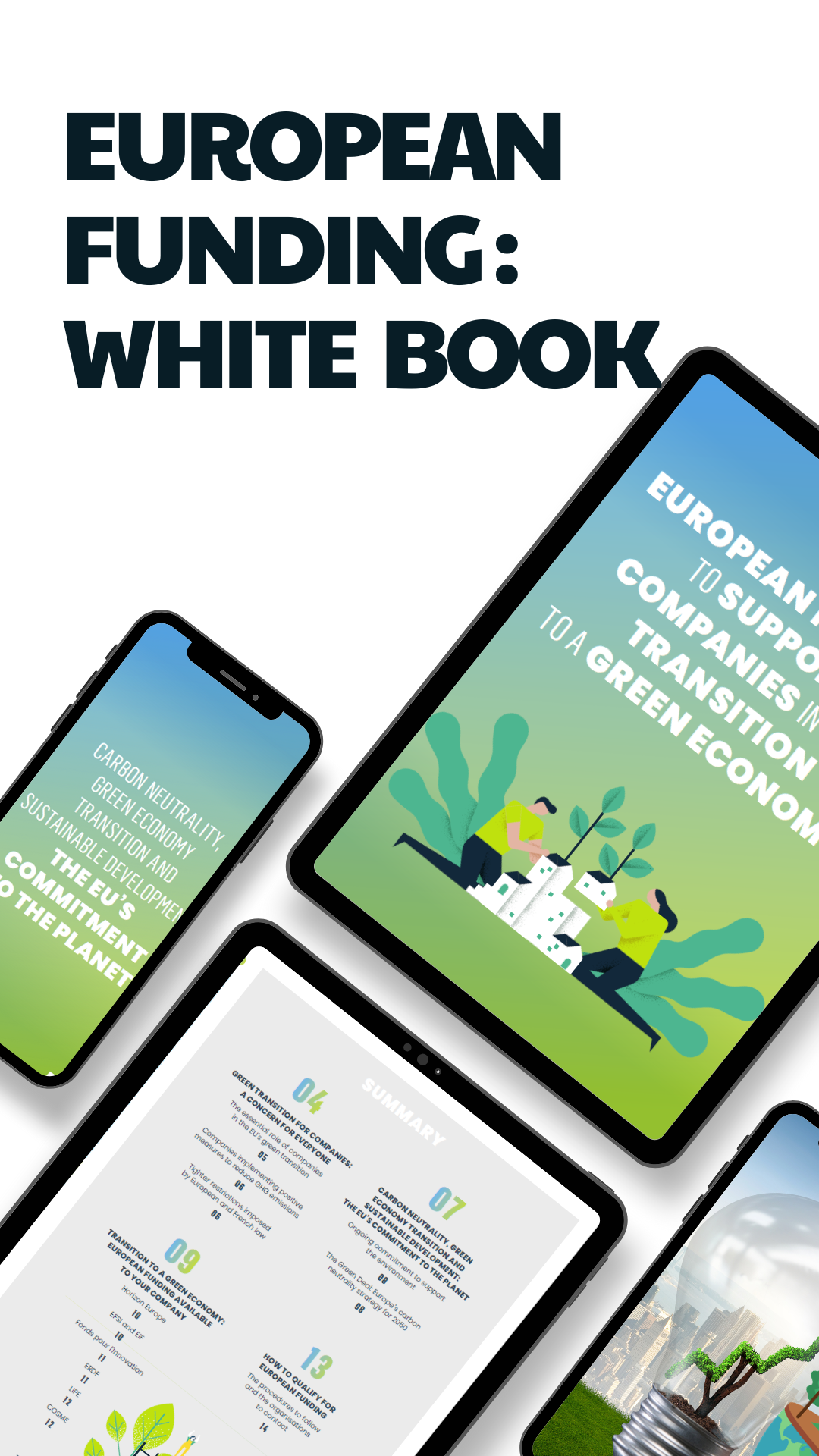Act to protect and promote biodiversity
Created in 2012 during the COP11 in Hyderabad in India, the Intergovernmental Science-Policy Platform on Biodiversity and Ecosystem Services (IPBES) has 129 State members. At its 6th plenary session held in Medellín (Colombia) at the end of March, IPBES published a number of major reports, four of which assess the biodiversity situation in the main regions of the world (Africa, Americas, Asia/Pacific, Europe/Central Asia) and one other which covers land degradation in the world.
For Anne Larigauderie, Executive Secretary of IPBES, “achievement of the UN’s Sustainable Development Goals (SDGs), the Strategic Plan for Biodiversity 2011-2020 and its Aichi Biodiversity Targets, and the Paris Agreement on climate change, all depend on the health and vitality of our natural environment in all its diversity and complexity. Acting to protect and promote biodiversity is at least as important to achieving these commitments and to human well-being as is the fight against global climate change”. In fact, “Richer, more diverse ecosystems are better able to cope with disturbances – such as extreme events and the emergence of diseases. They are our ‘insurance policy’ against unforeseen disasters and, used sustainably, they also offer many of the best solutions to our most pressing challenges”.
The report on land degradation due to human activity shows that this degradation is undermining the well-being of two fifths of humanity, driving species extinctions and intensifying climate change. It is also a major contributor to mass human migration and increased conflict.
Pollutec is particularly aware of these problematic issues and presents the very latest advances in these domains, especially through the Ecological Engineering village (in partnership with UPGE, a network of companies active in the protection and restoration of biodiversity and ecosystem services) and the Polluted Sites and Soils village (with UPDS, the union of site decontamination professionals). The programme includes: environmental harm, the circular economy in the soils domain, phytoremediation associated with other treatments and also standardisation, certification, digitisation of processes, improvements in the detection of pollutants, etc.
The special focus on Sea and Coast will concentrate more particularly on these ecosystems that are today significantly degraded: the fight against the different forms of pollution, sustainable exploitation of the activities linked with the sea, climate risks and developments, and also the prospects of remediation and restoration of these marine and coastal environments. These topics will all be developed in the dedicated thematic Village.
If you would like to find out more about the Pollutec sectors, please visit our website.
*It should be remembered that the COP14 Biodiversity will be held from 10 to 22 November 2018 in Sharm el Sheikh (Egypt).




